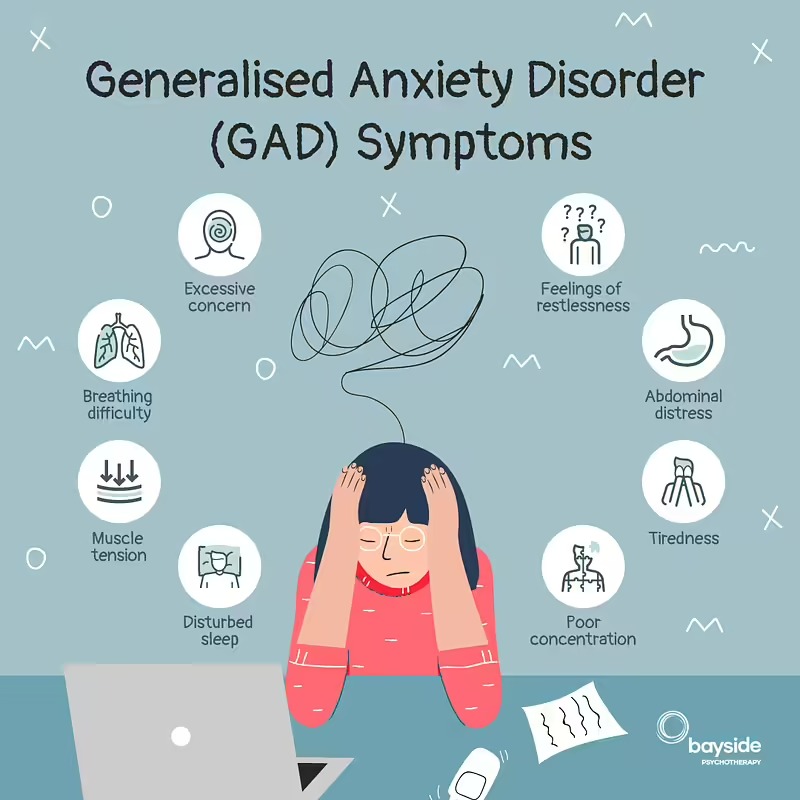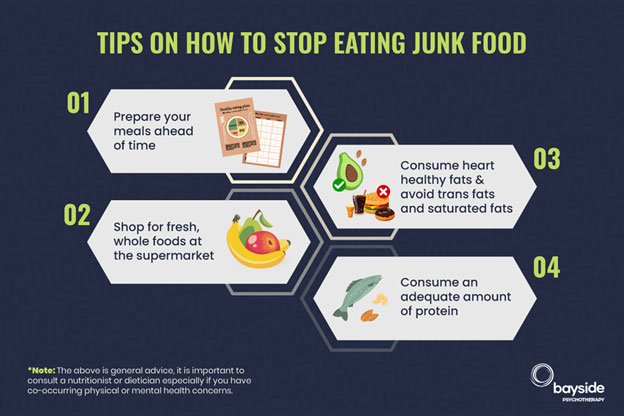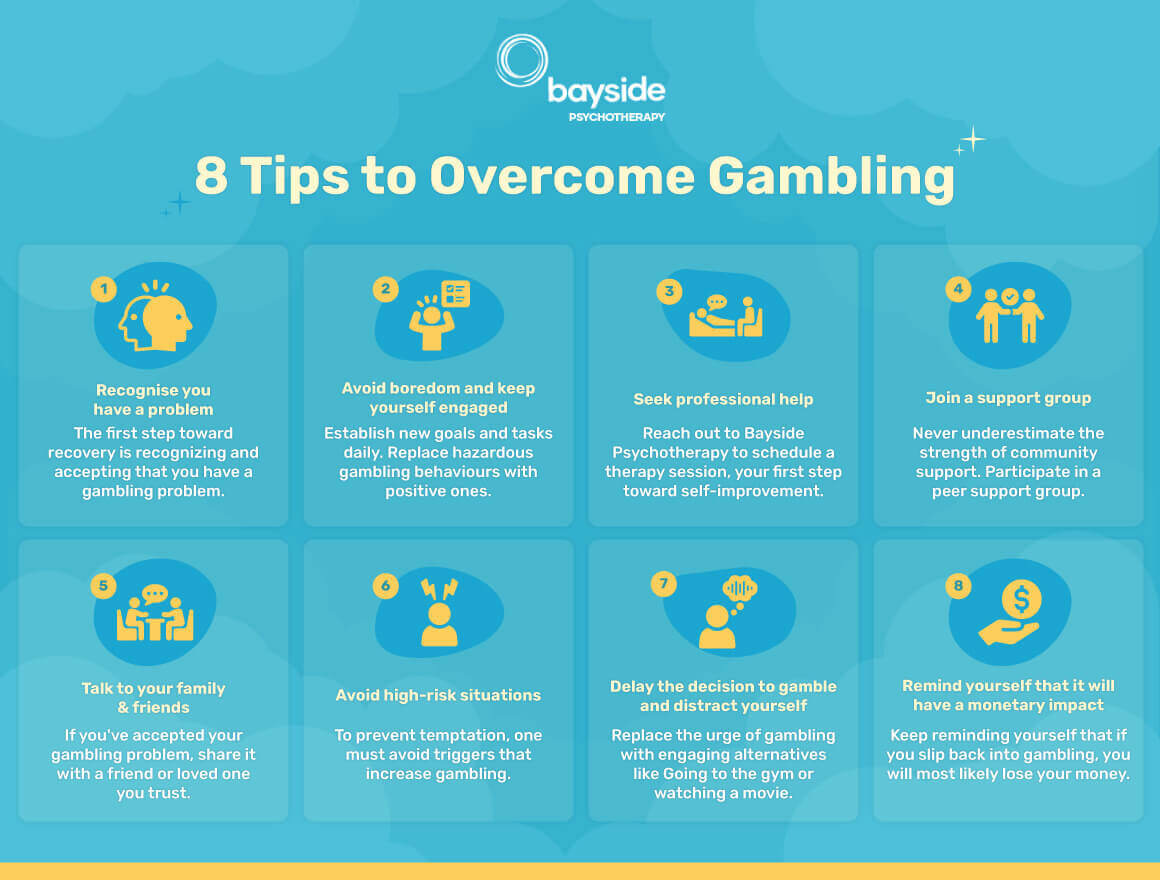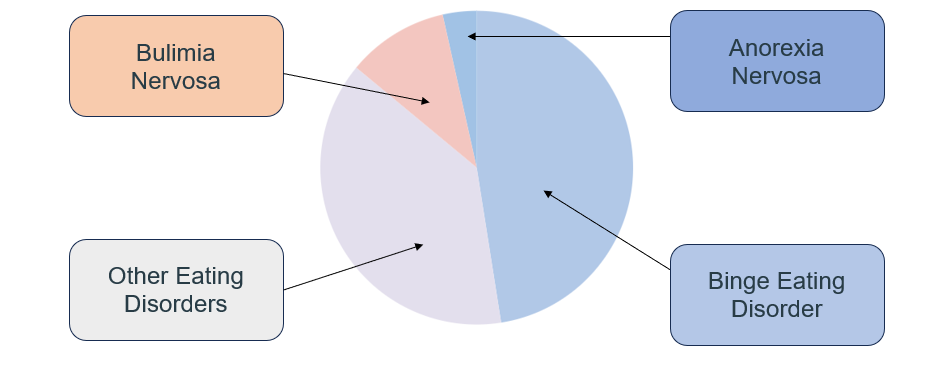End our love affair with psychological labels
First off. Have you ever wondered, what is the difference between psychology and psychotherapy? The differences are huge. They are miles apart.
We need to define what is psychology and psychotherapy. Let us limit our thinking to the clinical setting, for our purposes here, where both terms are broad and have varying definitions.
Psychology comprises certain psychologists who have been trying to position their profession within the domain of science for some time, close to that of medicine. One output of this seems to me an ever popular, tempting but potentially insidious love affair with fitting people into psychological categories. There is a label for almost everything abnormal or pathological these days. There is no label for normal or healthy. Why? Maybe because the label itself, is part of the disease… the disease which alienates one even further from discovering their true self, their own desires.
If you think of psychological distress in the same way a doctor traditionally treats physical symptoms we miss the crucial uniqueness of the individual, how they create suffering and how they, and only they (with the help of a psychotherapist) can use the key (in their unconscious) to come out of their suffering.
Further, there is no current training requirement for a psychologist to undertake their own personal therapy. A psychoanalyst or psychoanalytic psychotherapist must untertake adequate internsive personal therapy, usually of a minimum of 3-4 years of twice weekly therapy. Who knows what unconscious issues a therapist lacking in the sort of insights an intensive psychotherapy affords might bring to sessions with their patients without even realising. As with any couple relationship, both parties bring their own histories and unconscious agendas to the dynamic despite intentionality. It is arguable that a psychotherapist who has undertaken adequate personal therapy would be more likely to at least keep more of their unconscious agendas that may not be in the best interests of their patients at bay.
It’s almost assumed that if you have a label, 12 short psychology sessions will cure you of your symptoms and make you “functional”. Functional according to whom and whose desires are of course never elucidated. A quick fix is often the lazy way out. Just another fantasy.
When I speak of psychotherapy here, I am referring to psychoanalytic psychotherapy. This practice has nothing to do with fitting people into categories of disease, or giving people new meanings for their symptoms, because it is often meaning itself which form the core of their illness. We are ill because of meaning.
One difference we can propose is that psychology often looks at categorising people into various definitions of symptoms based upon and in comparison to different social norms. Many patients are drawn to this because it supposedly gives some perceived comfort with “knowing” what is wrong.
Psychotherapy is all about the individual.
Freud started thinking of psychoanalysis as science too but quickly abandoned the fruitless attempt to make a science out of something that is not.
There is something seductive about meaning making and labels. I lose count of how many people I see who say things like “I’m anorgasmic”, “I have generalised anxiety disorder”, “I have depression”. These identity descriptions and many others like them say nothing to me about the individual person sitting in front of me when I do psychotherapy. I am far more interested in hearing what they have to say, and listening for the trail of the repressed.
The psychotherapy journey is in depth and highly individual.
More often people begin psychotherapy or counselling with a host of unconscious conflicts, meanings (identity descriptions) and desires which don’t even belong to them. Part of psychotherapy involves the in depth process of figuring out who we are, and what we really want in our lives. If we as counsellors, social workers, psychologists, psychotherapists or whatever, think of our patients too theoretically we are likely to read our theiries into the person, alienating them further, and missing crucial things they are actually saying (and not saying). Categories may serve a temporary relief for anxiety, but that’s harldy what anyone who can read without moving their lips would call living.
Those able and brave enough to undertake intensive psychotherapy frequently report deeper and lasting insights into themselves far beyond what any seductive label or so called focussed psychological treatment, offers the individual.
These ideas are based on my experience and are my own views in the present time and space of March 2011. They may not always be my opinions, nor were they always.
First off. Have you ever wondered, what is the difference between psychology and psychotherapy? The differences are huge. They are miles apart.
We need to define what is psychology and psychotherapy. Let us limit our thinking to the clinical setting, for our purposes here, where both terms are broad and have varying definitions.
Psychology comprises certain psychologists who have been trying to position their profession within the domain of science for some time, close to that of medicine. One output of this seems to me an ever popular, tempting but potentially insidious love affair with fitting people into psychological categories. There is a label for almost everything abnormal or pathological these days. There is no label for normal or healthy. Why? Maybe because the label itself, is part of the disease… the disease which alienates one even further from discovering their true self, their own desires.
If you think of psychological distress in the same way a doctor traditionally treats physical symptoms we miss the crucial uniqueness of the individual, how they create suffering and how they, and only they (with the help of a psychotherapist) can use the key (in their unconscious) to come out of their suffering.
Further, there is no current training requirement for a psychologist to undertake their own personal therapy. A psychoanalyst or psychoanalytic psychotherapist must untertake adequate internsive personal therapy, usually of a minimum of 3-4 years of twice weekly therapy. Who knows what unconscious issues a therapist lacking in the sort of insights an intensive psychotherapy affords might bring to sessions with their patients without even realising. As with any couple relationship, both parties bring their own histories and unconscious agendas to the dynamic despite intentionality. It is arguable that a psychotherapist who has undertaken adequate personal therapy would be more likely to at least keep more of their unconscious agendas that may not be in the best interests of their patients at bay.
It’s almost assumed that if you have a label, 12 short psychology sessions will cure you of your symptoms and make you “functional”. Functional according to whom and whose desires are of course never elucidated. A quick fix is often the lazy way out. Just another fantasy.
When I speak of psychotherapy here, I am referring to psychoanalytic psychotherapy. This practice has nothing to do with fitting people into categories of disease, or giving people new meanings for their symptoms, because it is often meaning itself which form the core of their illness. We are ill because of meaning.
One difference we can propose is that psychology often looks at categorising people into various definitions of symptoms based upon and in comparison to different social norms. Many patients are drawn to this because it supposedly gives some perceived comfort with “knowing” what is wrong.
Psychotherapy is all about the individual.
Freud started thinking of psychoanalysis as science too but quickly abandoned the fruitless attempt to make a science out of something that is not.
There is something seductive about meaning making and labels. I lose count of how many people I see who say things like “I’m anorgasmic”, “I have generalised anxiety disorder”, “I have depression”. These identity descriptions and many others like them say nothing to me about the individual person sitting in front of me when I do psychotherapy. I am far more interested in hearing what they have to say, and listening for the trail of the repressed.
The psychotherapy journey is in depth and highly individual.
More often people begin psychotherapy or counselling with a host of unconscious conflicts, meanings (identity descriptions) and desires which don’t even belong to them. Part of psychotherapy involves the in depth process of figuring out who we are, and what we really want in our lives. If we as counsellors, social workers, psychologists, psychotherapists or whatever, think of our patients too theoretically we are likely to read our theiries into the person, alienating them further, and missing crucial things they are actually saying (and not saying). Categories may serve a temporary relief for anxiety, but that’s harldy what anyone who can read without moving their lips would call living.
Those able and brave enough to undertake intensive psychotherapy frequently report deeper and lasting insights into themselves far beyond what any seductive label or so called focussed psychological treatment, offers the individual.
These ideas are based on my experience and are my own views in the present time and space of March 2011. They may not always be my opinions, nor were they always.
Here are a couple of blogs written on this topic you might find useful:
Choosing the right therapist: The 5 mo...
Choosing the right therapist can be difficult. Different problems and diff.
Creating Healthier Workspaces: How str...
Employee mental health is pivotal to overall workplace wellbeing, impacting individual performance, job satisfaction, and organ.
From High Stakes to Healing: 8 Tips To...
Gambling activities have become more accessible and convenient due to the proliferation of casinos and the rapid growth of online gambling platforms. Mo.
An Examination of Bulimia Nervosa Amon...
Bulimia nervosa is a serious eating disorder that can significantly impact an individual's physical and psychological health. Characterised by recurrent.











